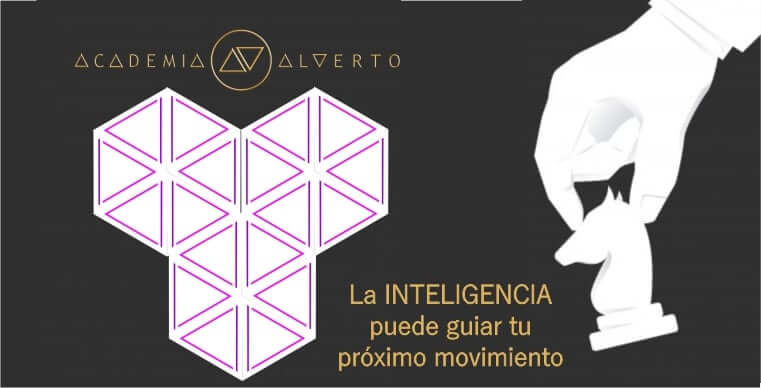A story about Rumi re-elaborated by Alverto.
The encounter between Rumi and his master, whose name is certainly not appropriate to pronounce because every true master knows he is not.
Rumi the disciple. Disciple means openness to the divine. The word “master” is only a symbol that indicates an appearance of someone. Someone who knows he is not.
Like many stories of masters and disciples, they are stories of pure love.
This is a very particular story held in high esteem in Sufi circles.
According to the story, on the morning of 15th November 1244, in a small town in Turkey, Rumi, who was 37 years old, was riding on a saddle. What was under the saddle is not very clear; the story tells that he was riding on a horse or the back of a donkey. Being at a certain height above the ground was very important for what was to happen to him.
Rumi was entering the crowded market of the Sugar Merchants, and unexpectedly, as happens with everything that transforms us, something indescribable happened: for an instant, Rumi’s eyes met the gaze of a master, a dervish dressed in black who was passing by his side.
It was an accidental crossing that turned into a DIVINE SURPRISE because in that “gigantic instant,” Rumi, upon being seen by a master, felt a ray of light fall on his head and let out a spiral of smoke as if something pulverised his mind. He let out a scream and fell to the ground with a thunderous crash. He had been struck down by the pure gaze.
When he came to after an hour, he opened his eyes and met the smiling face of the master, who had not left Rumi’s side for a moment. The two took each other by the hand, went to the school, and locked themselves in a retreat for forty days.
As for what they said to each other there, we have no news. We only know that Rumi recognised in this dervish the one whom he had been asking God and all existence to come into his life for so long, as happens with every spiritual seeker, he ceases to be so when he encounters love…
Rumi saw in this master the guide who could help him transcend his mind and know Reality with a capital letter.
Reality with a capital letter is the Real, for reality with a lower case is a by-product of illusion and duality. Any reality that arises from interpretation is only a perverse invention of the finite and illusory mind.
“What you are seeking is seeking you” goes one of the ecstatic verses that Rumi would sing.
You are not looking for anything or anyone; the whole is looking for you.
The encounter of the gazes of Rumi and his master has been defined as “the confluence of the two oceans”, two immense bastides full of the divine; Rumi would write in this respect: “The human being is gaze, the rest is only flesh”.
And to what kind of knowledge did Rumi gain access in that unique and transcendent moment?
His entire work, which comprises thousands of verses, is a hymn to the Only Real One, which leaves room for nothing more than that, which leaves no room for any definition arising from duality.
As Rumi himself would say: “Only He has the right to say I”. As the master would say: “Only existence can say I am”.
Before that Reality, whose nature is Consciousness and Love, all his existence melted away. “Except for Love, everything vanishes” reads another of Rumi’s verses.
Crazed by Love, Rumi became intoxicated in the ocean of Bliss and sank into the unfathomable waters of Consciousness where, “that which has never been is extinguished, and that which has never ceased to be remains”.
“What can I do for you, oh believers of all faiths?”
Well, I can only share one thing: I do not recognise myself. I no longer know who I am. I can’t find anything that once defined me.
- I am not Christian, nor Jew, nor Muslim.
- I am not of the East, nor the West, nor the North, nor the South.
- I am not of the earth, nor of the water, nor the air, nor the fire, nor even of the ether am I.
- I am not of dust, nor of existence, nor of the stars, nor of the essence.
- I am not of India, nor of China, nor of Bulgaria, nor of Greece.
- I am not of this world, nor of the next, nor of Paradise, nor of Hell.
- I am not from Adam, nor from Eve, nor do I come from Eden, nor do I go to any place.
- My place is non-place, my footprint leaves no trace.
- I have neither body nor soul, for I belong to the reality of the Beloved.
I have discarded duality, I have transcended illusion, I have seen that the two worlds are one; but One with a capital letter, for one with a small letter is alone and separate, but One with a capital letter includes all.
One alone I seek, to One I know, to One I see, to One I invoke. I have drunk the most spirituous drink of existence. I am drunk with the cup of Love, now the two worlds have disappeared from my life; I have nothing else to do but to be, in every celebration.
As time passed, Rumi used language to write hundreds of mystical poems that would try to transmit the indescribable.
One day he met people who knew him from before, and they asked him: What happened to you, Rumi?
The pure gaze knocked me down; I fell and could never be the same again. I immersed myself in it and returned to the whole.
It is the story of a disciple who ceased to be, only to become the bliss that comes from pure love.
Alverto, 10th September 2021




